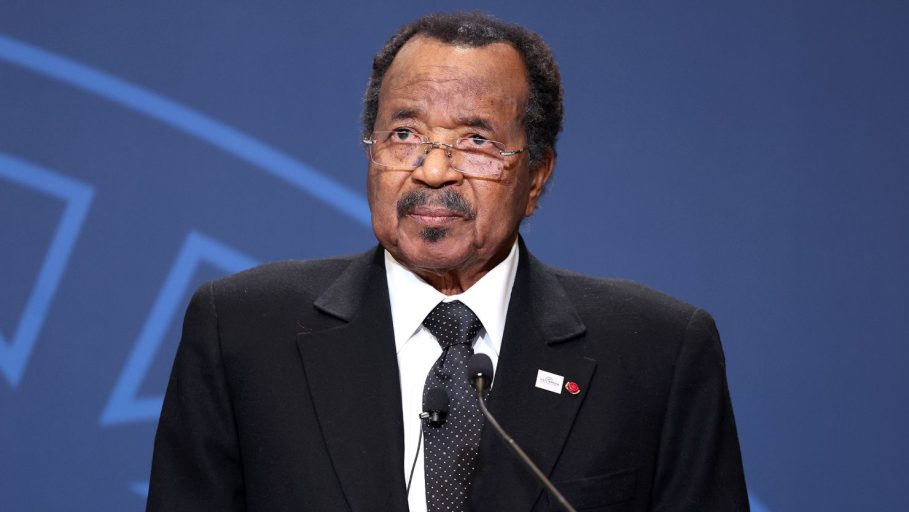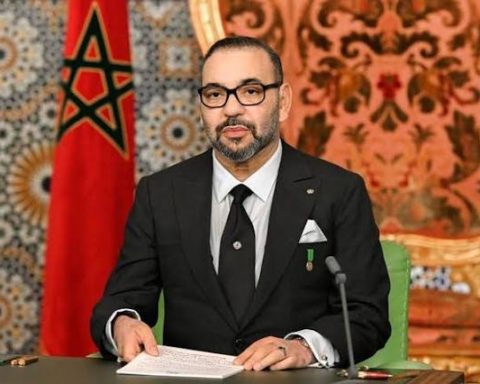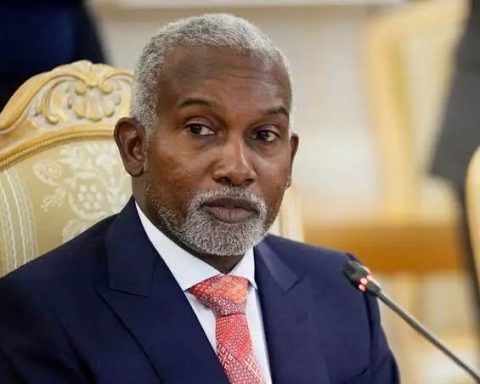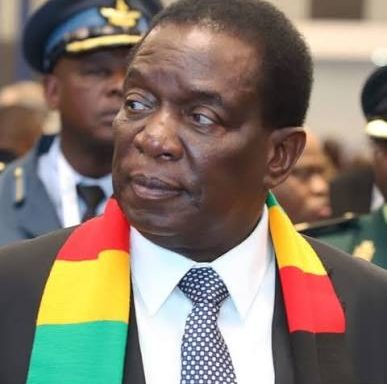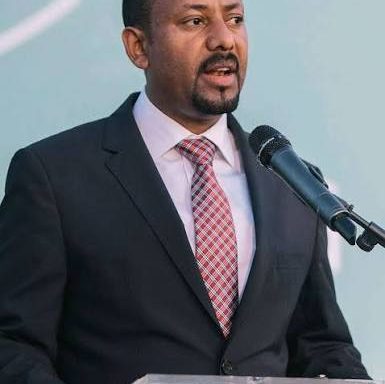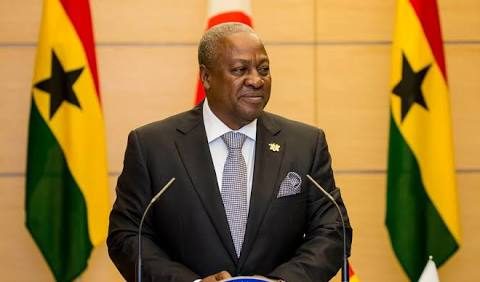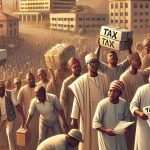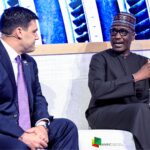In July 2024, Central African Republic President Faustin-Archange Touadéra pushed through a constitutional change permitting him a third term.
A year earlier, Mali’s transitional leader, Colonel Assimi Goïta, enacted a new constitution granting himself renewable presidential tenure without democratic elections.
Join our WhatsApp ChannelThroughout Africa, more leaders are rewriting or disregarding constitutional term limit clauses to entrench their grip on power. Elections increasingly feel less like instruments of reform and more like rituals legitimising indefinite rule.
The Term Limit Debate
Term limits were adopted across Africa in the 1990s as part of democratic reforms aimed at preventing authoritarianism and enabling leadership renewal.
While many constitutions initially enforced two-term limits, these provisions have increasingly become suggestions rather than enforceable rules. When incumbents fear losing power, they change the law or ignore it entirely.
The Repeat Offenders
Some of Africa’s longest-serving leaders consolidated power through constitutional manipulation, military backing and repression. Most assumed office decades ago through coups, political transitions or single-party systems. They have remained in place by dismantling institutional checks.
Yoweri Museveni – Uganda (in power since 1986)

Museveni took power after a guerrilla war that overthrew Tito Okello. He removed term limits in 2005 and age limits in 2017. Now aged 80, he is preparing to contest a seventh term in 2026.
Paul Biya – Cameroon (since 1982)
Biya succeeded his predecessor Ahmadou Ahidjo after the latter’s resignation. In 2008, Cameroon’s parliament removed term limits. At 92, Biya has announced.his candidacy for an eighth term in 2025.
Teodoro Obiang Nguema Mbasogo – Equatorial Guinea (since 1979)
Obiang came to power by overthrowing and executing his uncle Francisco Macías Nguema. Despite a 2011 constitution introducing term limits, he claimed prior terms were exempt and won another election in 2022 with 95 percent of the vote.
Isaias Afwerki – Eritrea (since 1993)
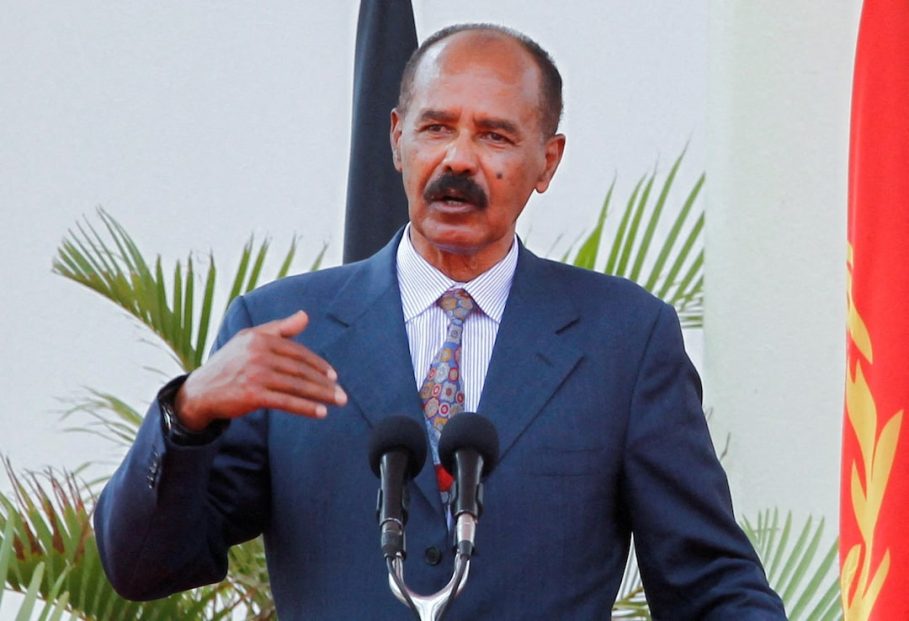
Afwerki has ruled since Eritrea’s independence without elections. His cabinet has not met since 2018. He now receives dignitaries at a rural residence
20 kilometres outside Asmara. Eritrea has no functioning constitution, no opposition parties and no independent media. Afwerki remains president for life in all but name.
Denis Sassou Nguesso – Republic of the Congo (1979 to 1992; 1997 to present)
After losing a democratic election in 1992, Sassou Nguesso returned via civil conflict in 1997. A 2015 referendum removed age and term limits. He was re-elected in 2021 and continues to hold power firmly.
The New Generation of Overstayers
While the old guard largely came to power through coups or one-party regimes, a newer generation of leaders is now adopting comparable methods. These presidents were once celebrated as democratic breakthroughs but are now accused of exploiting legal loopholes, constitutional rewrites and partisan control of state institutions.
Alassane Ouattara – Côte d’Ivoire (since 2011)
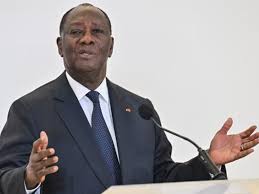
Ouattara was first elected in 2010. He pledged to step down after two terms. But after the death of his chosen successor, Amadou Gon Coulibaly, he claimed the 2016 constitution reset his term count. He ran again in 2020 and has announced plans to seek a fourth term in 2025 at the age of 83.
Faure Gnassingbé – Togo (since 2005)
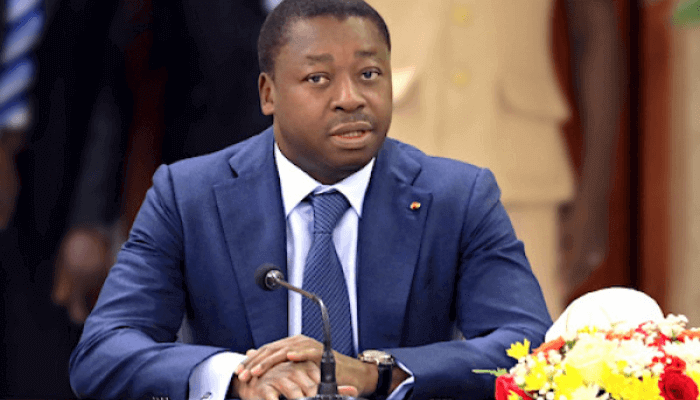
Gnassingbé assumed power following the death of his father, Eyadéma, in 2005. In April 2024, Togo’s parliament approved constitutional reforms that replaced the presidential system with a parliamentary one. It created a powerful new executive role, President of the Council of Ministers, which has no term limits.
Opposition groups condemned the move as an institutional coup designed to allow him to remain in power indefinitely. His party now controls nearly all seats in parliament. Although the presidency is now mostly ceremonial, Gnassingbé’s new post holds true executive authority. His family has ruled Togo for 58 years.
Adama Barrow – The Gambia (since 2017)
Barrow came to power in 2017 after defeating long-time ruler Yahya Jammeh. He initially pledged to serve only three years but completed the full term and won re-election in 2021. He is now preparing to seek a third term, prompting accusations of democratic backsliding.
Assimi Goïta – Mali (since 2021)
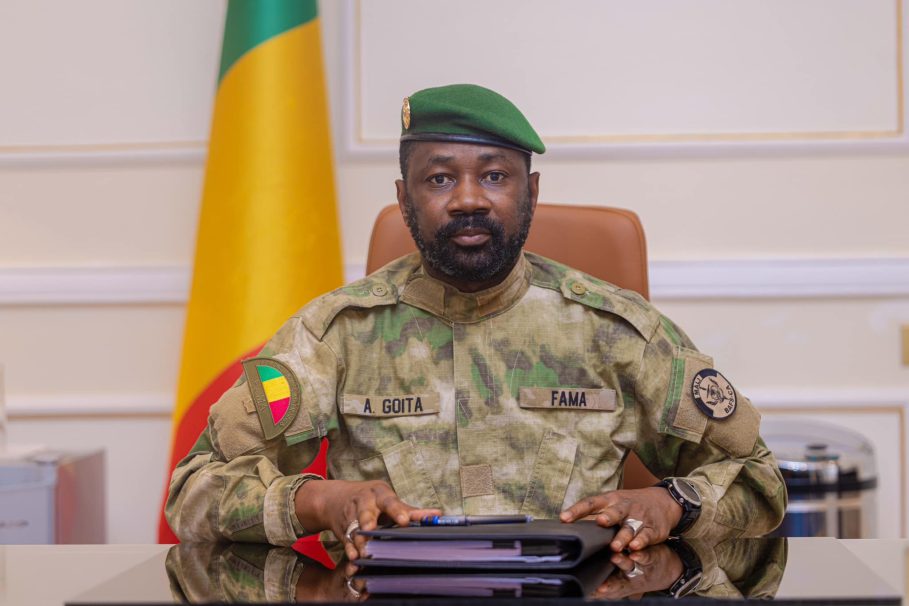
Goïta led two coups in 2020 and 2021. Although he was initially installed as a transitional leader with a promise to hand over power to civilians by 2024, in 2023 the transitional parliament granted him a renewable five-year mandate. Elections are no longer required. He now has the legal grounds to remain.in power until at least 2030.
Faustin-Archange Touadéra – Central African Republic (since 2016)
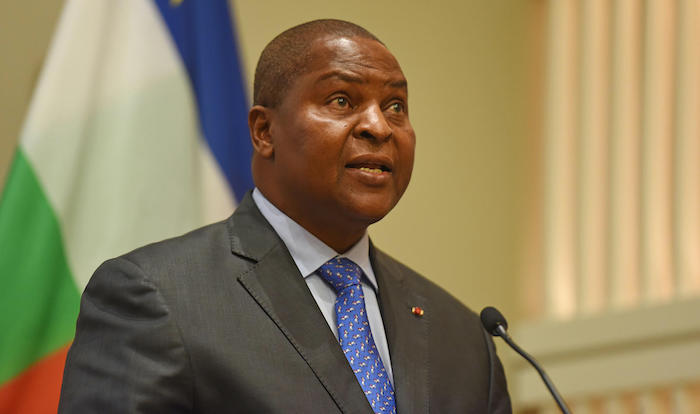
Touadéra was elected in 2016 and re-elected in 2020. In 2023, lawmakers passed a new constitution that removed presidential term limits. He is now eligible to run again in 2025. Critics argue the move further undermines democratic progress in a country already battered by conflict.
The Democratic Cost
As more African leaders weaken or eliminate term limits, the consequences grow clearer. Institutions are weakening, public trust is eroding, youth frustration is rising and democratic norms are in retreat. In many countries, opposition voices are silenced, civil society is squeezed and executive power is increasingly centralised.
If power continues to concentrate in the hands of a few, what future remains for democracy on the continent?


